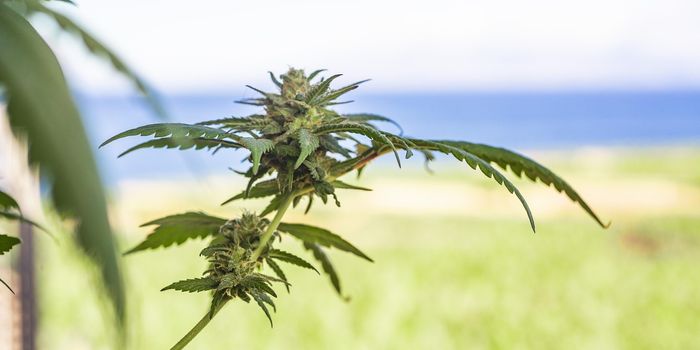Flying on Grass: the biofuel boom
In efforts to turn away from fossil fuels, many scientists have dedicated themselves to investigating biofuels,which are derived from plants or animal waste. The benefit of biofuels is that unlike fossil fuels, which release new CO2 into the atmosphere, burning biofuels will only emit as much carbon dioxide as the plants absorbed during their lifetime. A study from Ghent University in Belgium provides new insight into the emerging field of “grassoline,” or producing fuel from grasses.
"Until now, grass has mainly served as feed for animals. But apart from that, grass can also be used as biofuel. Due to its vast abundance, grass is the perfect source of energy," scientist Way Cern Khor tells us. During his PhD research at Ghent University, he investigated methods that can disintegrate and treat grass until it can be used as a fuel.
ScienceDaily reports Khor’s specific pretreatment process to improve his grasses’ biodegradability, after which bacteria are added that work to convert the sugars in the grass into lactic acid. Lactic acid is a critical product because it acts as an intermediate chemical to produce other compounds such as biodegradable plastics (PLA) or fuels. Continuing the process, the lactic acid is converted into caproic acid, which then turns into decane. Decane is the final product; it can be used as a fuel for planes - if the engines are adapted that is.
And here’s where the drawback comes: the current amount of biofuel that can be made from grass is very miniscule and process is expensive. But Khor has hope. "If we can keep working on optimizing this process in cooperation with the business world, we can come down on the price. And maybe in a few years we can all fly on grass!," he says.
Previous research on switchgrass, a commonly found prarie grass perennial also shows hope for biofuel production. Switchgrass is a low-input, fast-growing crop, that can live for 10 years or more. It is favored over corn biofuels for exactly these reasons.
However, as with this new study, to turn switchgrass into fuel there is still a lot of research that needs to be done. Dazhong "Dave" Zhao, a UWM associate professor of biological sciences, is working to genetically modifying switchgrass with a sterility switch that would prevent the modified grass from contaminating the genes of nearby unmodified grasses. This is required under federal regulations, and once achieved, could boost switchgrass crop yields and commercial viability. Until then, we continue onward in the search of the biofuel boom.
Sources: ScienceDaily, Phys.org









